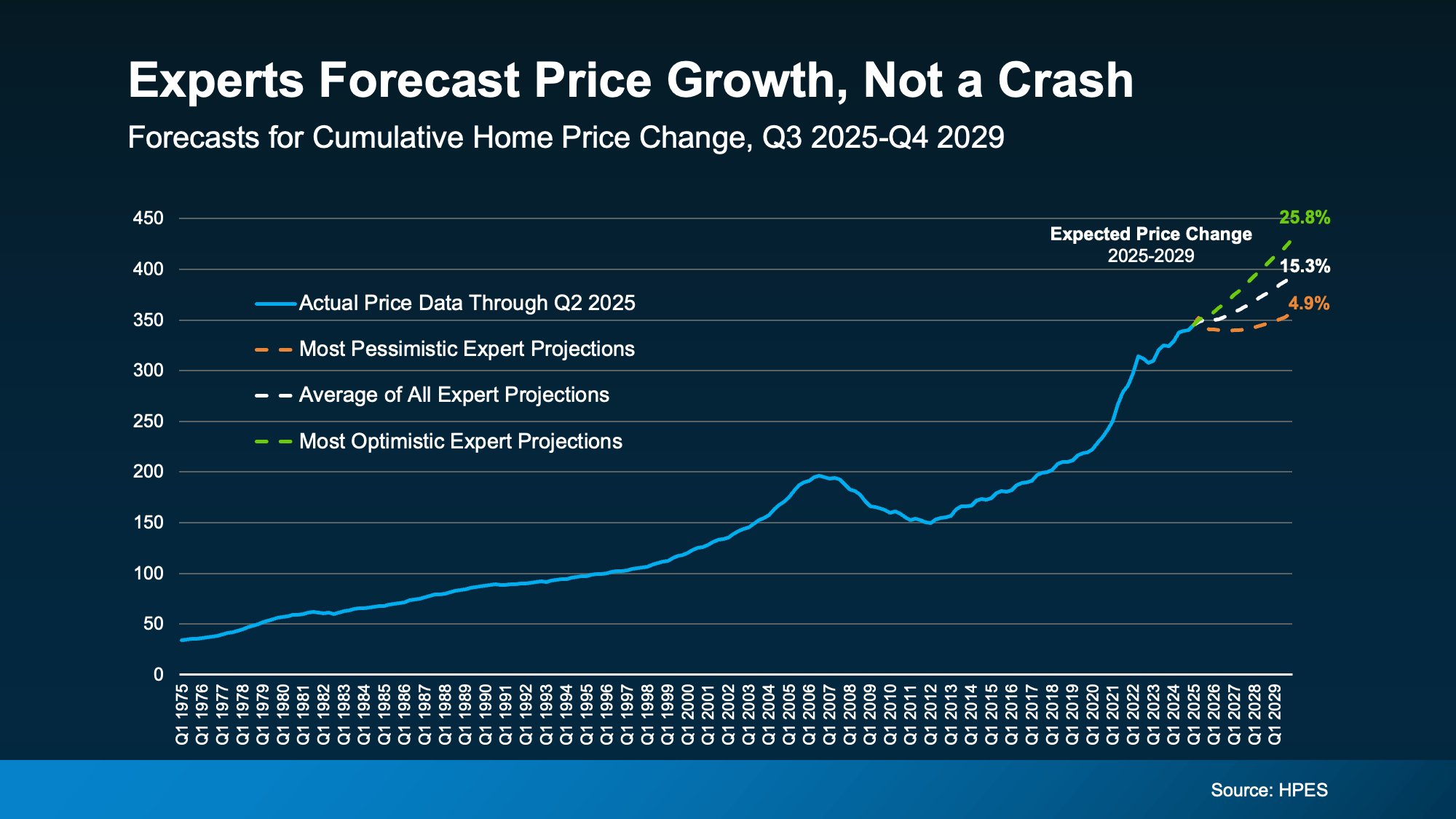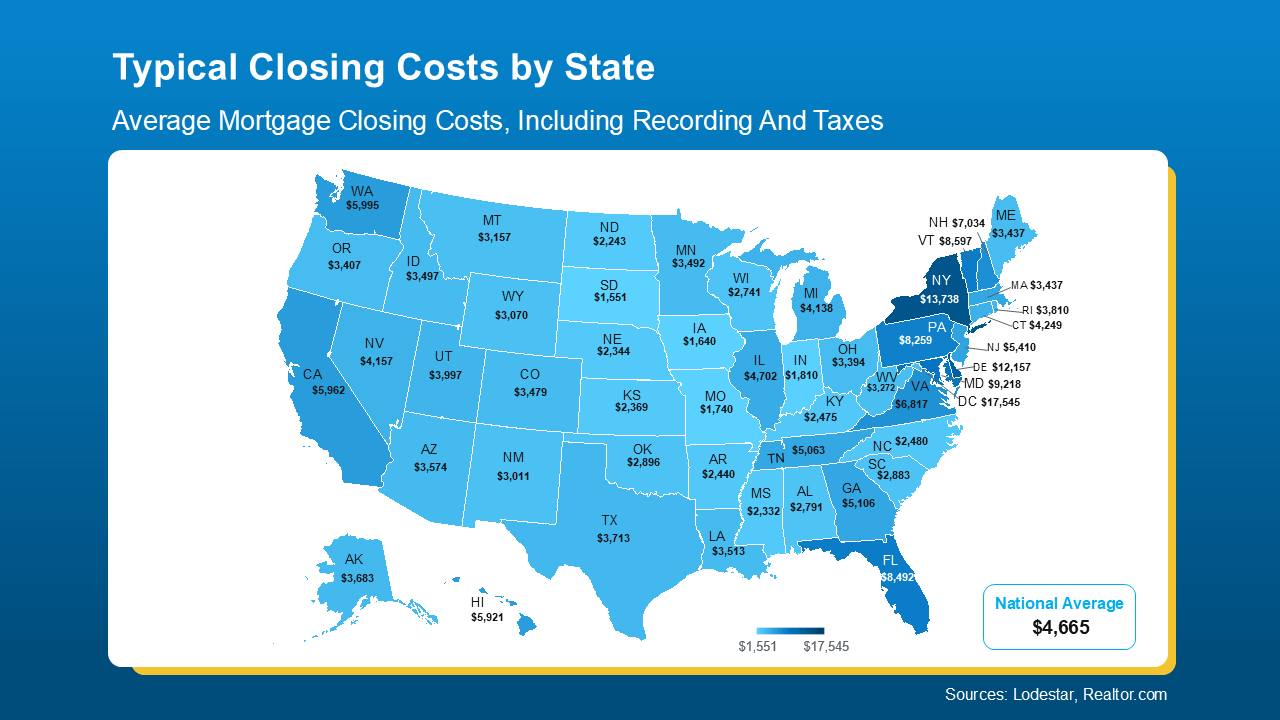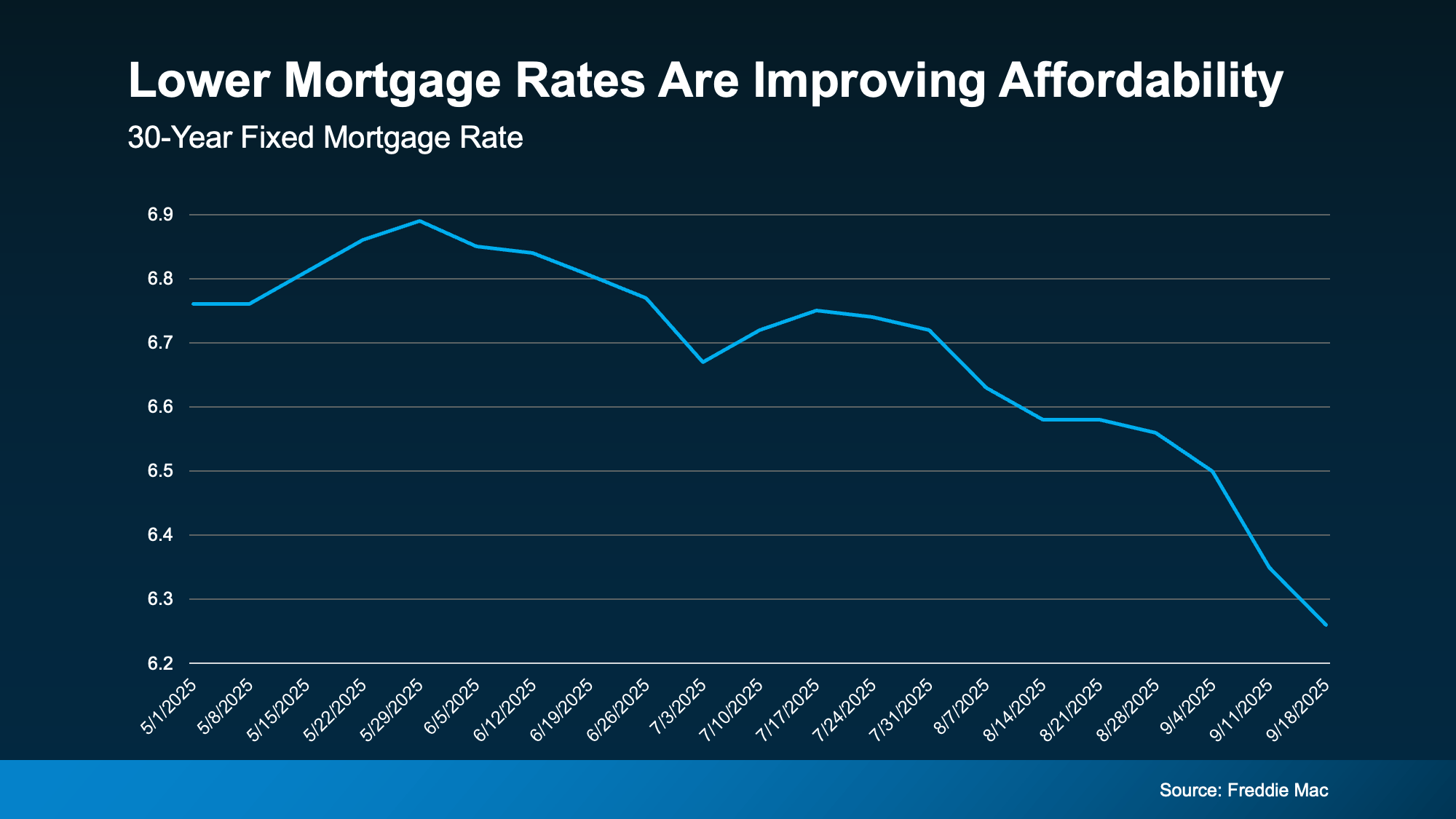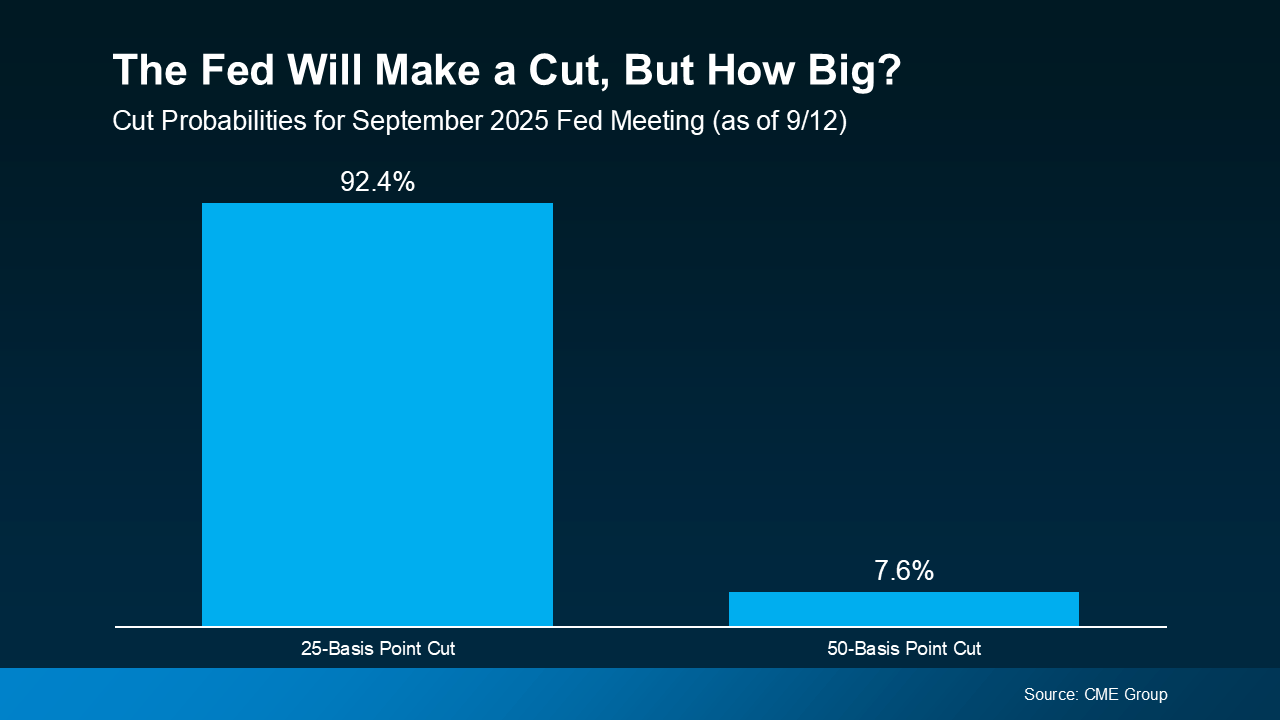Spring gets all the attention, but it’s not always the best time to sell a house. Yes, more buyers show up, but so do a lot of other sellers.
Winter is different. With fewer homes on the market, your house has a much better chance of standing out. And that one advantage can make a big difference.
Winter Is When Your Listing Stands Out
History shows the number of homes for sale tends to drop during the winter months. It’s a trend that’s predictable almost every year.
Data from Realtor.com shows this pattern clearly. Inventory dips in the winter (the green circles in the graph below), then climbs again as soon as spring approaches:
And based on the latest data available, it looks like that pattern may be true again in 2025. The graph shows the supply of homes for sale is starting to come down as we head into the end of the year. And if history is any indicator of where it goes next, it’ll continue to fall just like it usually does.
Here’s why knowing this gives you an edge.
While inventory is higher now than it’s been in the last few years, there are still not as many homes for sale as there’d be in a normal market (2017-2019). And we may even be poised for inventory to dip a bit as the weather cools.
That gives you an opportunity. If you work with an agent to list now, you’ll sell while other homeowners are taking their homes off the market and before the number of homes for sale climbs this spring.
Less competition from other sellers now = more attention on your house this season.
Why wait until everyone else lists in the spring when you can get ahead of the crowd?
Winter Buyers Are Serious Buyers
Another big perk is the buyers looking right now usually need to move.
They’re not just browsing for fun. They’re relocating for work, dealing with a lease ending, making a big life change, or simply ready to move forward sooner rather than later. As U.S. News explains:
“. . . buyers who are trudging through wintry weather often have a good reason for being out in the cold – they need to move. Whether it’s a relocation for a new job, a divorce or the arrival of a new baby, buyers who brave the elements are usually serious and able to make quick decisions.”
That means fewer weekend wanderers and more highly motivated, qualified buyers walking through your door.
And since we know inventory usually drops this time of year, odds are they’ll have a little less to choose from compared to the fall. If you price and prep your house right, maybe your house will be the one that catches their eye.
Bottom Line
Winter might not get the same buzz as spring, but that’s exactly why it works in your favor. Less competition from other sellers, more motivated buyers, and a chance for your house to truly stand out.
If you’re thinking about selling, this season can give you a real advantage. Let’s connect and talk through what listing now could look like for you.
-Tanya


























